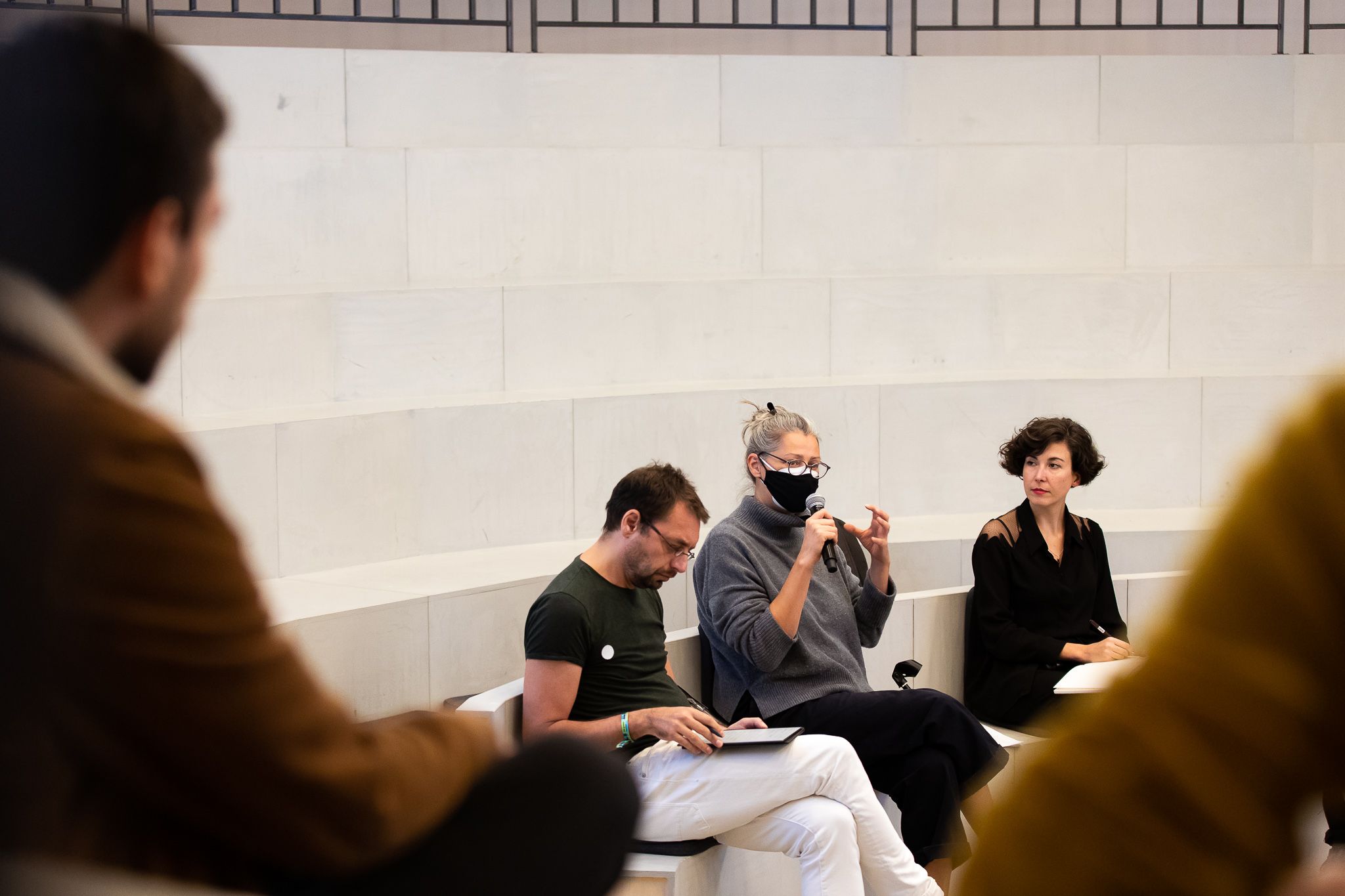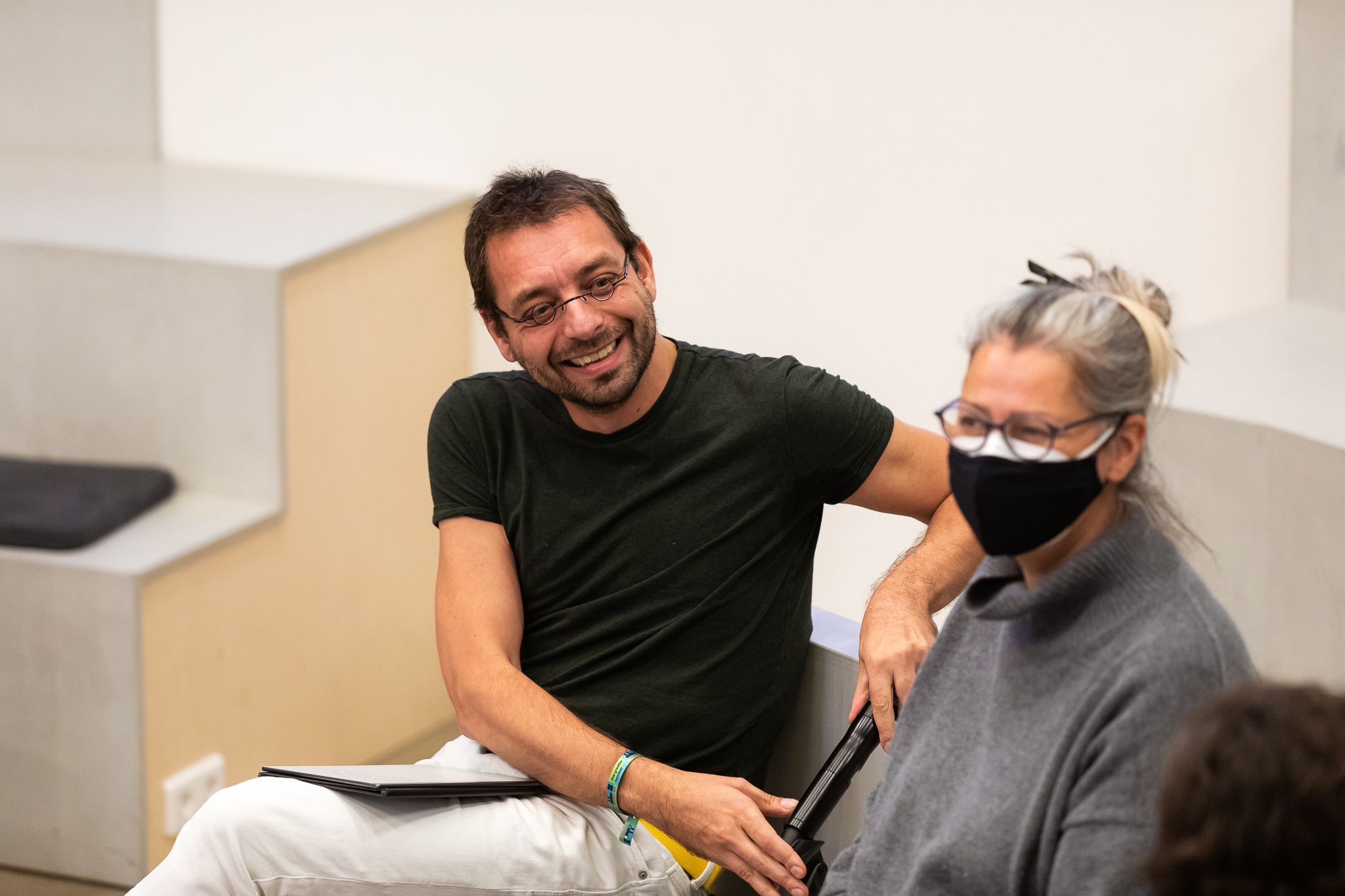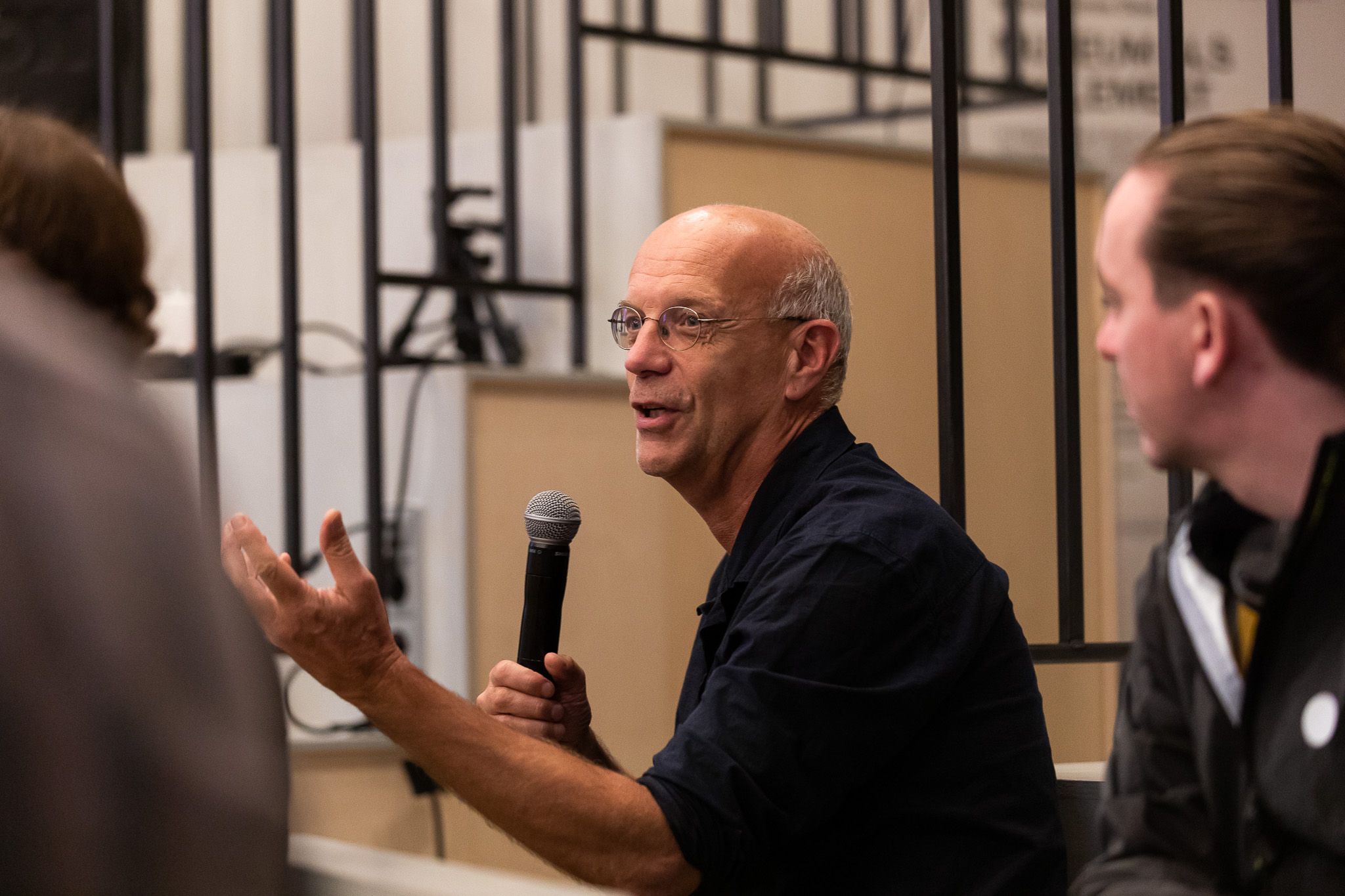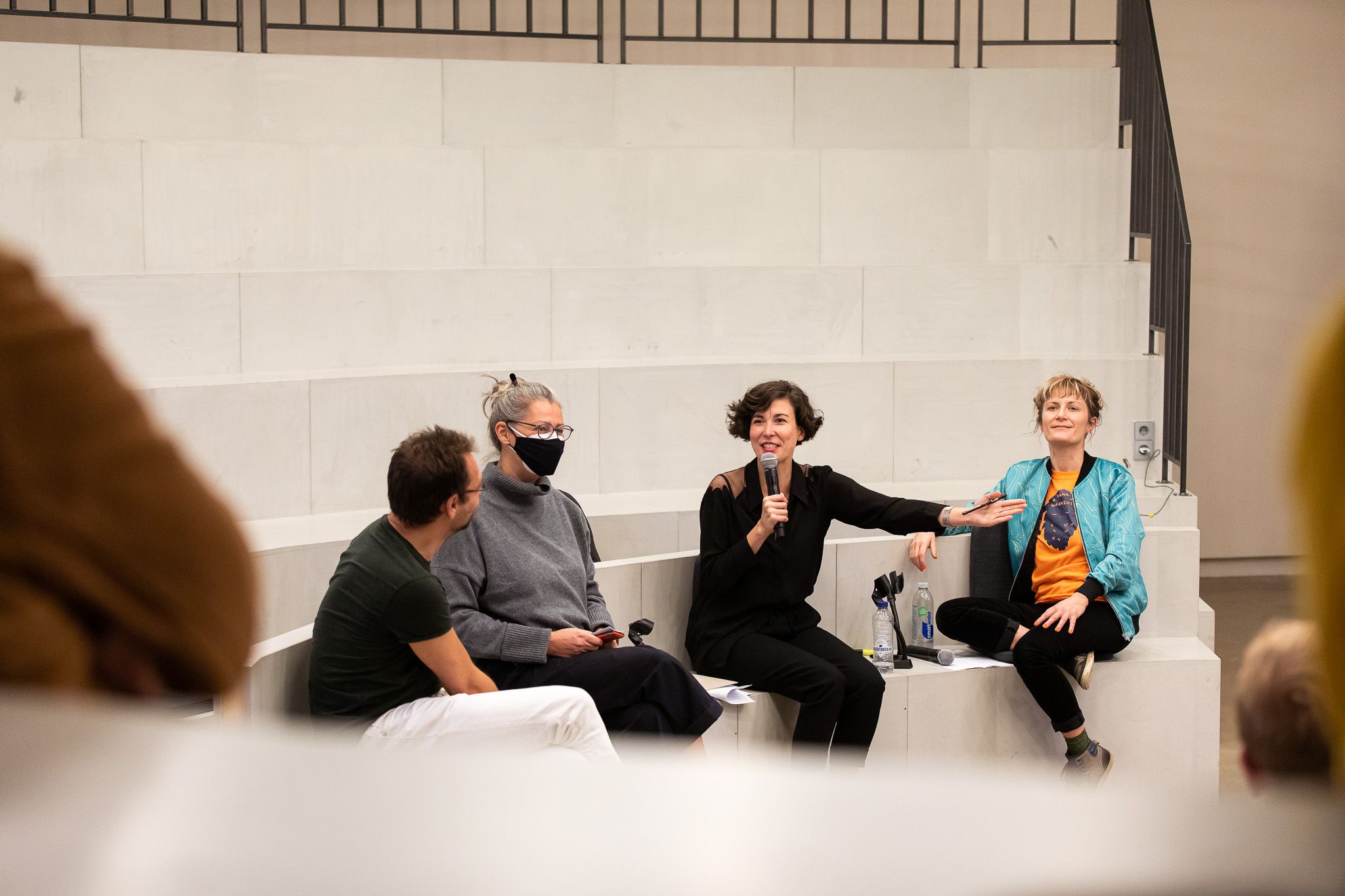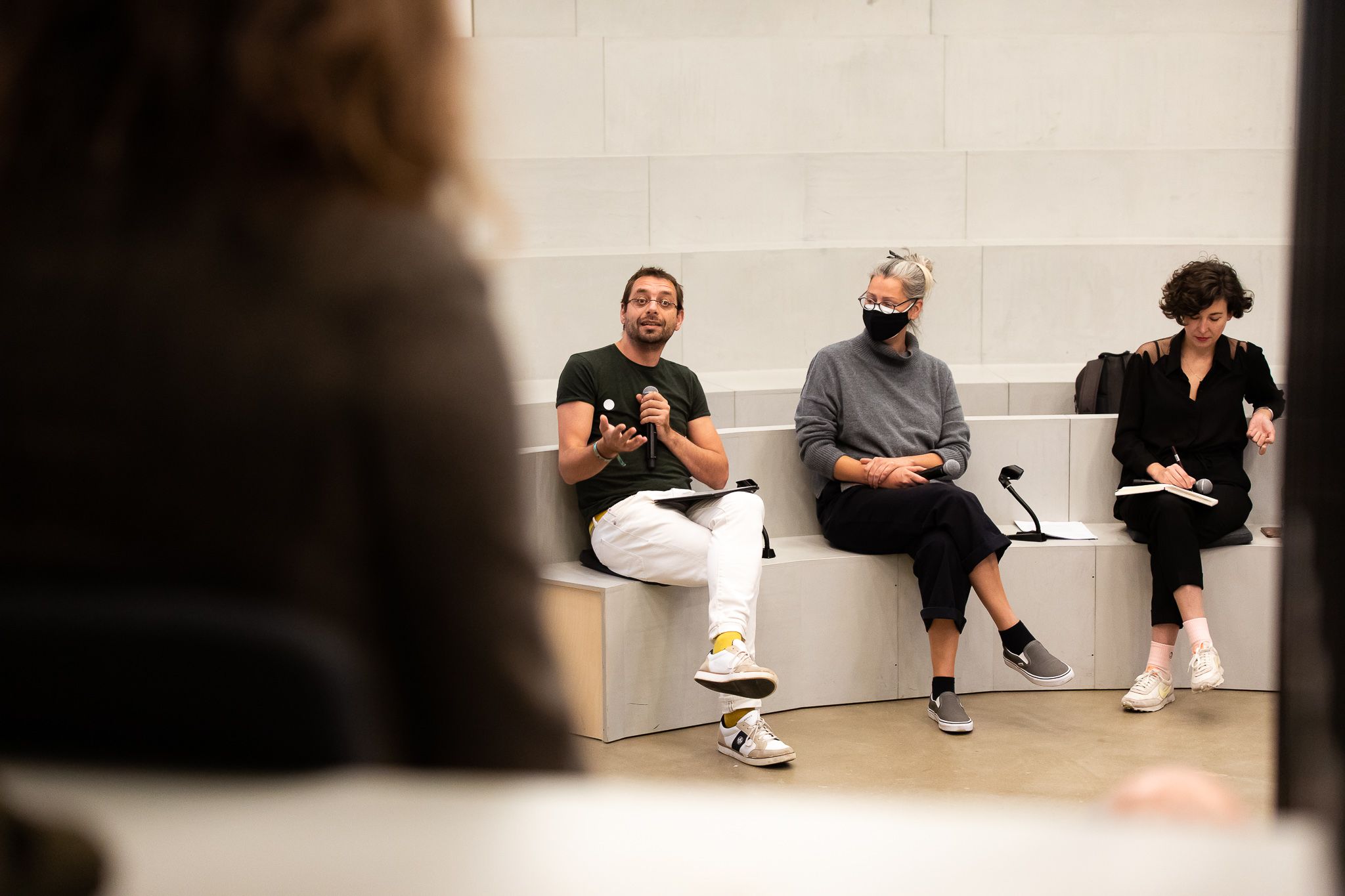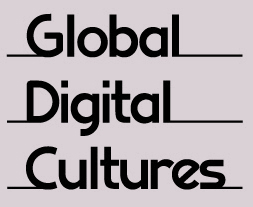Blockchains & Digital Activism
The Assets
This panel thinks of blockchain as a tool to voice dissent.
Participants: Emiliano Treré, Larisa Blazic, Balázs Bodó
Blockchains ecosystem represent the noncompliance with the hierarchies and regulatory principles of the networks of power - it is a counter-power. By its very nature, it encompasses a deliberate attempt to change power relationships by reprogramming networks around alternative interests and values, and/or disrupting the dominant switches while switching networks of resistance and social change. This panel inquires into how blockchain is continuing the paths opened during the never-ending thread of crisis since 2008, forking the way of empowerment, and providing an infrastructure for a myriad of social constructions of autonomy.
Without power asymmetries and through P2P collaboration, social constructions utilise blockchain affordances to constitute their trustworthy communicative channels and governance mechanisms responding to their granular necessities. Blockchain can prefiguratively embody any political imaginary. Prefiguration emphasises direct implementation: it replaces the temporal separation between the struggle of today and the goals in the future. By inhabiting this prefigurative temporality, these blockchain-based infrastructures raise awareness about other futures being possible through the practice of today. This panel, thus, envisages blockchain as a tool to voice dissent.
From different angles, the panel looks into the connections between digital activism and the technology: from the influence of digital activist imaginaries in the development of blockchain tools, the prefigurative capacity of blockchain, to potential uses of blockchain in social movements. This over-reaching perspective aims to display the interconnections between social movements and the spirit that populates the development of many blockchain projects, whist pointing out potential threats to its development. To do so, it proposes different activist ecologies and looks into multiple social imaginaries paying attention to implicit issues of power, ethics and accessibility. In this framework, blockchain comes to be the tool that poses the right questions that make us ponder over where we are now, and where do we want to be.
Participants
Emiliano Treré is Senior Lecturer in Media Ecologies and Social Transformation in the School of Journalism, Media and Culture (JOMEC) at Cardiff University, UK. He is a widely cited author in digital activism, social movement and critical data studies with a special focus on the Global South. Treré has published more than 70 publications in 5 languages in peer-reviewed publications. He is one of the co-directors of the Data Justice Lab and the co-founder of the ‘Big Data from the South’ Initiative. His book Hybrid Media Activism (Routledge, 2019) won the Outstanding Book Award of the ICA Interest Group ‘Activism, Communication and Social Justice’.
Larisa Blazic is a London based digital artisan, educator and feminist hacker with practice ranging from net.art to Free/Libre/Open Source Software (FLOSS) art and design. Since the 90s, she explored a range of emerging technologies and their impact on online publishing, moving image in public space, collective creativity and participation through work exhibited nationally, internationally and online. Her work can be found at http://e-w-n-s.net
Bodó, Balázs, PhD (1975), economist, socio-legal researcher at the Institute for Information Law (IViR) at the University of Amsterdam. He was a Fulbright Visiting Researcher at Stanford University’s Center for Internet and Society in 2006/7 and a Fellow at the Center between 2006 and 2012. In 2012/13 he was a Fulbright Fellow at the Berkman Center for Internet and Society at Harvard University. In 2013 he moved to Amsterdam as a Marie Curie Fellow at the Institute for Information Law (IViR) at the University of Amsterdam. In 2018 he received an ERC Starting Grant to study the legal, and political implications of blockchain based technologies, and started the Blockchain & Society Policy Research Lab.
Before moving to the Netherlands, he was deeply involved in the development of the Hungarian internet culture. He was the project lead for Creative Commons Hungary. He was a member of the National Copyright Expert Group. His academic interests include copyright and economics, piracy, media regulation, peer-to-peer communities, shadow libraries, digital archives, informal media economies, and similar regulatory conflicts around new technological architectures.

